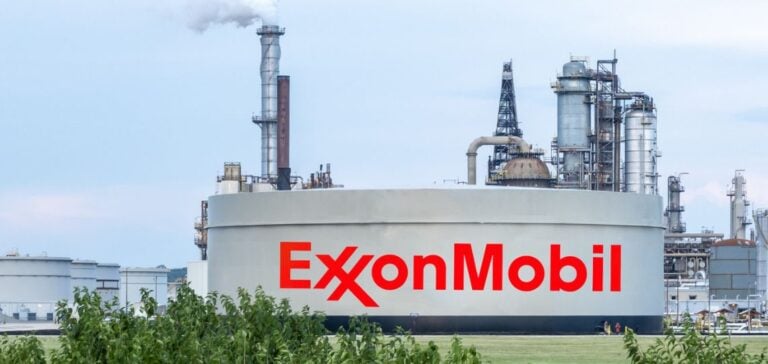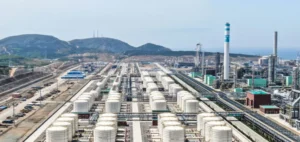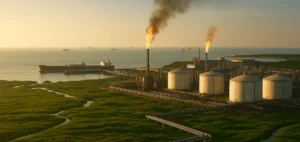The Pennsylvania court has handed down a harsh verdict against ExxonMobil, with a fine of $725 million. This decision follows a complaint from Paul Gill, a former employee who developed acute myeloid leukemia, a rare blood cancer. Indeed, Gill attributes his illness to regular exposure to benzene while working as a mechanic for Mobil in Philadelphia.
Details of the dispute
Paul Gill was diagnosed in 2019 and began legal proceedings in 2020. He claims that his tasks included cleaning vehicle parts with solvents and petroleum, without adequate protection. The trial revealed that ExxonMobil, formed after the merger of Exxon and Mobil, was aware of the dangers of benzene. The oil and gas company had not, however, taken the necessary steps to inform or protect its employees. These facts are underlined by Patrick Wigle, a lawyer with one of the two firms representing the Gill couple:
“ExxonMobil had known for decades that benzene caused cancer, yet they failed to warn the public, or take even the most basic precautions to protect them.”
ExxonMobil’s response and defense
In response to the verdict, ExxonMobil expressed its disagreement and its intention to appeal. The company considers the verdict “irrational” and hopes for a review on appeal.
“It’s an irrational verdict that we’re going to ask the court to overturn before it’s finalized.”
However, the high compensation awarded by the jury reflects the seriousness of the negligence attributed to the company. ExxonMobil is already suffering from an overall drop in net profit.
Legal consequences and implications
This case may set an important precedent in the way companies are held responsible for the health effects of their products. The decision underlines the need for companies to take employee safety seriously. But also to comply with environmental and health regulations.
ExxonMobil’s conviction by a Pennsylvania court highlights the risks of negligence in the oil industry. This ruling raises crucial questions about the responsibility of large corporations towards public health and the safety of their employees.





















